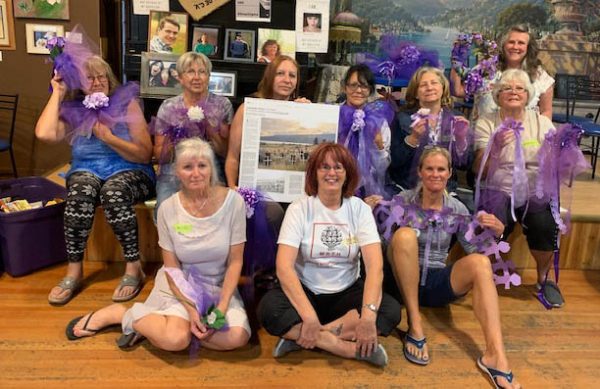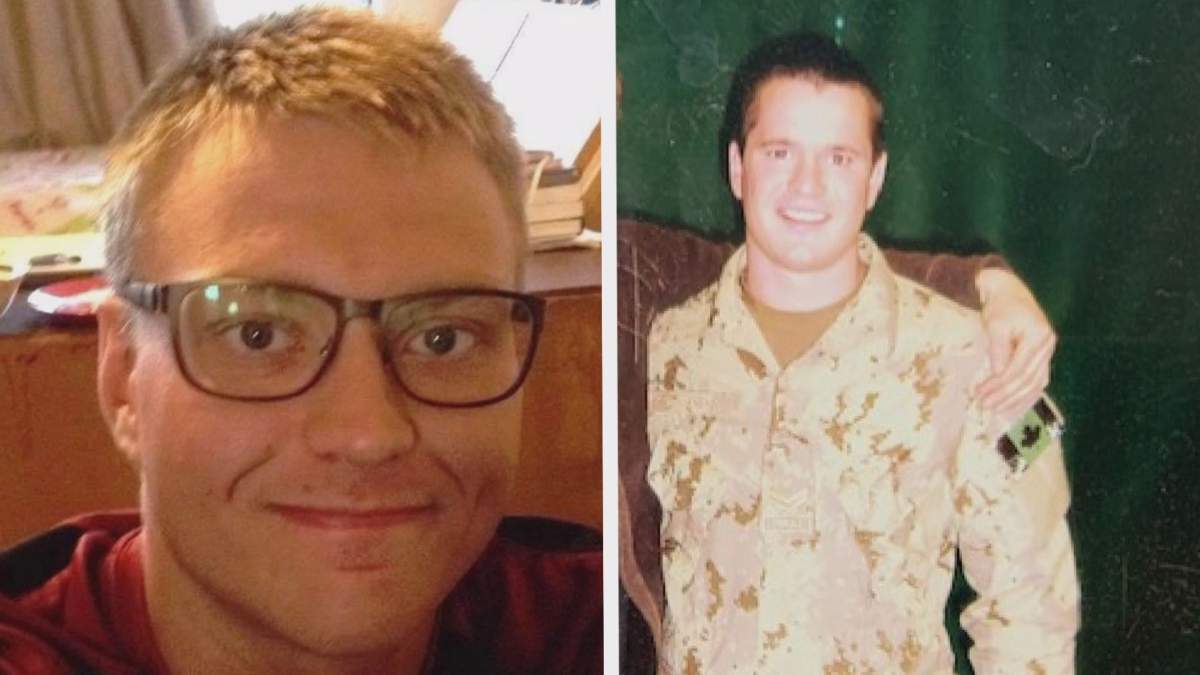Mothers who lost their children to drug addiction in B.C.’s Okanagan are sharing their stories and painting the valley purple to mark International Overdose Awareness Day on Monday.

Jill McCullum’s son, Nicholas Stevens, was 27 years old when he died of an overdose on March 27, 2017 at a motel room in Penticton.
Stevens developed post-traumatic stress disorder and an opioid addiction after returning home from Afghanistan where he served in the military, the Oliver resident said.
“He lost two very close friends from his group to military enemy fire in Afghanistan,” McCullum said. “One was an improvised explosive device and the other from a suicide bombing of a bus.”
She said she noticed a dramatic change in him upon his return home.
“It was like a light had gone out in his eyes. At first, I put it down to the struggle of re-adjusting.”

Stevens was prescribed opioids to cope with his PTSD, she said, and he experienced side effects including depression, anxiety and insomnia.

Get weekly health news
At the end of 2016, he was admitted to a rehabilitation centre in the East Kootenay to receive treatment for his drug addiction, but succumbed to substance abuse months later.
McCullum joined the group Moms Stop the Harm, a network of Canadian families impacted by drug addiction, to advocate for change to drug policies and provide peer support to grieving families.
Ahead of International Overdose Awareness Day on Aug. 31, she joined other members of the group to decorate the town with purple ribbons to draw attention to the overdose crisis in B.C.
“Today is about grief and it’s about love,” she told Global News.
Up in the Shuswap region, Sherry Robinson of Salmon Arm also placed purple ribbons around her community to honour her son, Tyler, who died of fentanyl poisoning in January 2016.
“I decided I cannot remain silent and in shame and isolated anymore. It is just too overwhelming.”
Her 23-year-old son did not receive the services he needed to recover from addiction, Robinson said.
“He had just left a recovery support centre after some abstinence, and that is a very dangerous time to relapse,” she said. “It was right at the height of when the opioid health crisis was declared a provincial emergency.”
The province made that declaration in April 2016.
The drug epidemic has been compounded by the COVID-19 pandemic, and B.C. is once again recording a record-high number of deaths due to illicit drugs.
There were 175 such deaths recorded in July, marking the fifth consecutive month where provincial totals surpassed triple digits.
More than 900 people in B.C. have died from illicit drug overdoses so far this year.









Comments